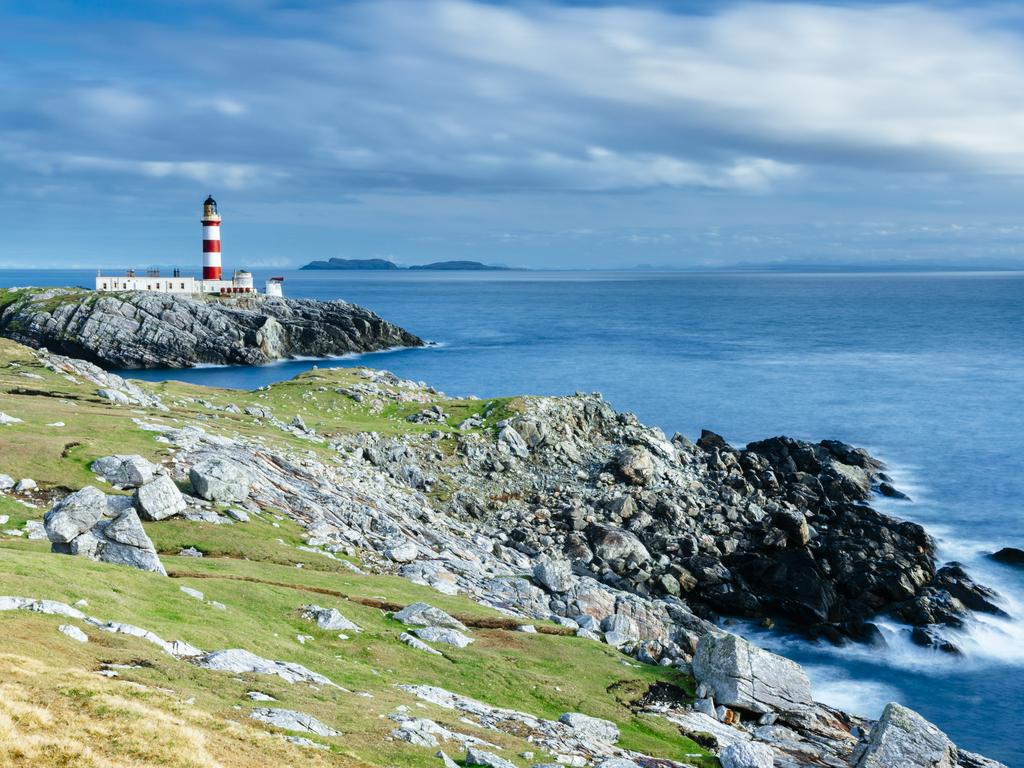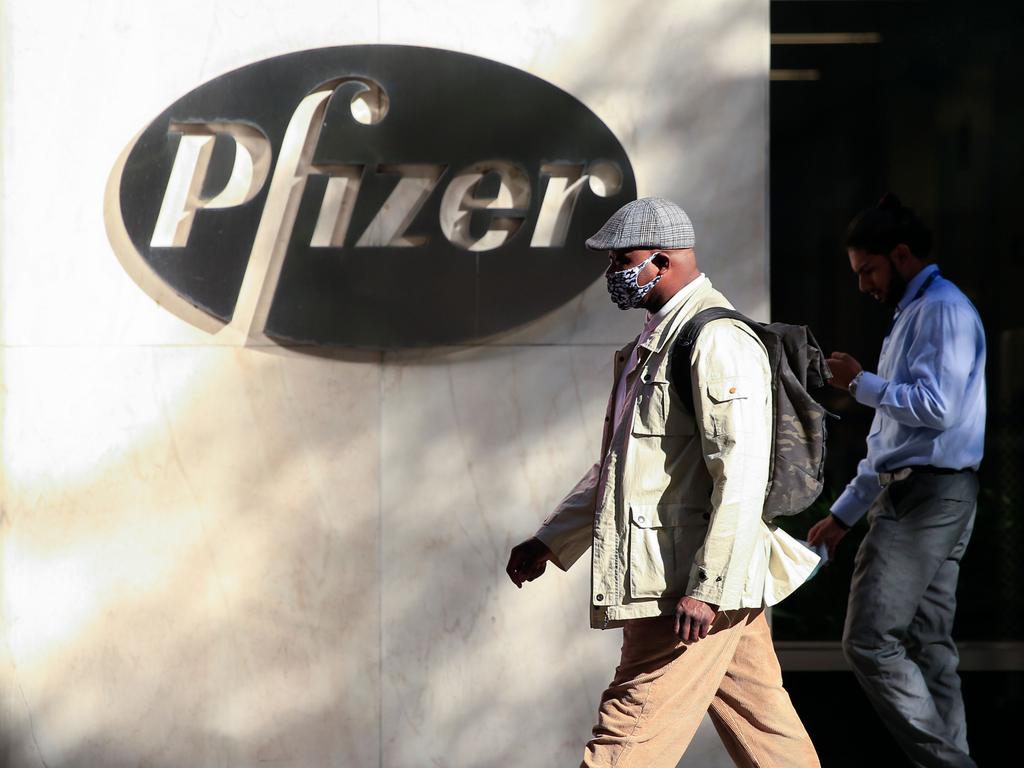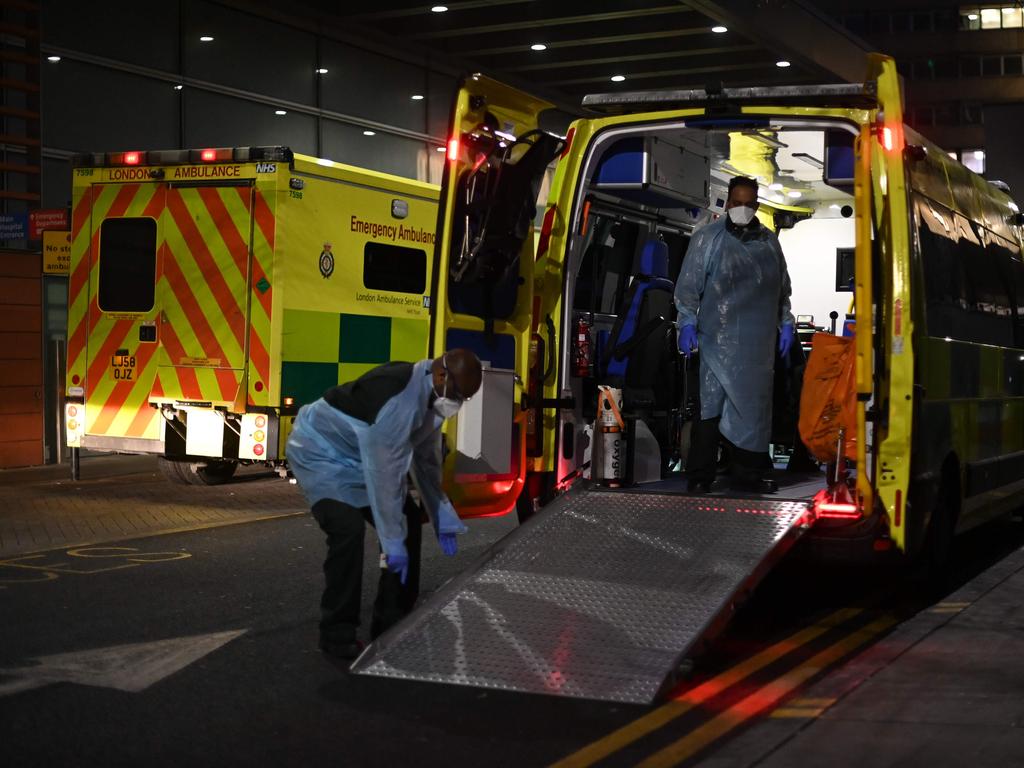‘Loneliness, self-harm’: Scottish GP Gavin Francis on the second pandemic
From alcoholism and marital problems to psychosis: Edinburgh GP Gavin Francis has seen the ‘second pandemic’.
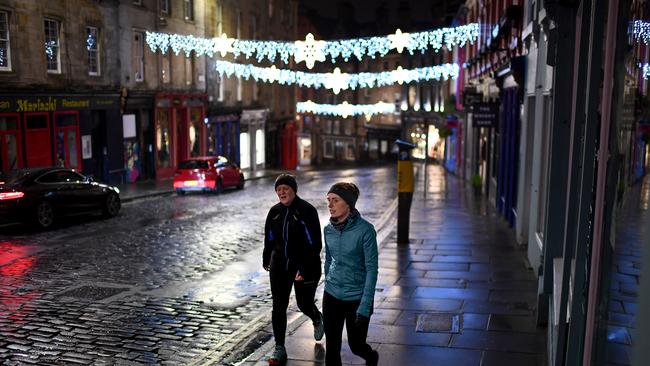
In the normal course of his work as a GP Gavin Francis would expect to spend about a third of his time dealing with the mental ill health of his patients. The pandemic has changed that. “Consultations about mental health vary from week to week, but are commonly at double what they were before the pandemic,” he says.
From his position at the grass roots of the response to Covid-19 Francis has witnessed the spread of the virus at a community level. Some days every call he has taken was about loneliness, self-harm and the contagion of mental health problems.
In a memoir of the past year he describes panic and anxiety as “the virus’s dark refrains, a second pandemic leaching into everyone’s lives”. When I ask how long he expects this to last he is unequivocal. “For years.”
Francis works in a small clinic in central Edinburgh with three other doctors, two nurses and half a dozen administrative staff. He has been a GP for 15 years after training in accident and emergency medicine and working as an expedition doctor in the Arctic and Antarctic.
As a GP over the past nine months he has examined lots of people with Covid-19 symptoms and sent plenty to hospital; a handful subsequently died. He has also witnessed the much less publicised effects of the pandemic on people’s lives: “The huge corollary pressure being put on all the people being forced to stay home.”
The mental health pandemic stretches across all age groups and social classes, “from people whose financial stability has taken a huge knock and who are now living more precarious lives right through to people who have lost relatives through the virus and those who are living with long-term effects of it”.
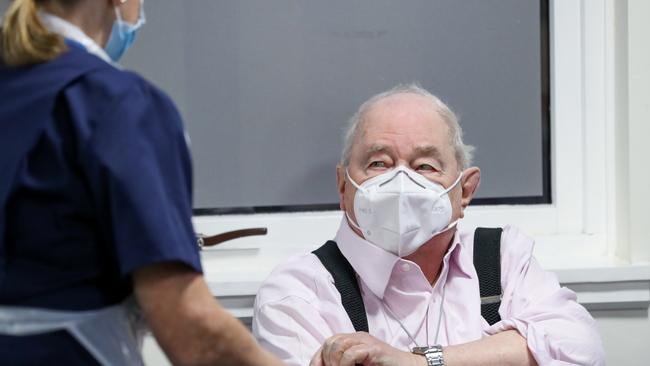
He has heard about assaults rising, marriages breaking down and alcohol-induced injuries increasing among the over-fifties. “Alcoholism? Definitely. Alcohol has been a coping mechanism. People have needed other outlets. Weight gain? Definitely. People are telling the truth when they talk about the corona stone. I’ve seen a lot of people who’ve got weight-related blood pressure problems that got a lot worse.”
He detected a spike in “people professing feelings of being suicidal” and was told by a local psychiatrist of a startling increase in new cases of psychosis, many among middle-aged men with no psychiatric history. His own experience bore this out. In three months last year he detained two of his psychiatric patients under the mental health act. Normally he’d have such a case once every couple of years.
“Presumably people were tipping over into this kind of psychosis who if we hadn’t had the lockdown would have been fine,” he says. “Maybe they would have gone through the whole of their life without having an episode like that, but there was something peculiar about the nature of the lockdown and the fact that you couldn’t access your usual coping mechanisms that meant we saw this rise in paranoia.
“It could be job worries; it could be lack of opportunity to socialise, see friends. It could be to do with rising alcohol and other substance misuse. It could be the fact that we live in this world of screens and digital media, which has got a kind of element of unreality about it anyway.”
His practice is close to Edinburgh University so he had students troubled by the lack of a normal learning experience and teenagers isolated during lockdowns. “Right at the time when it’s normal, as part of your adolescence, to start spending more time in the evenings out with your pals and gaining a little bit of independence and letting your horizons broaden, an almost suffocating cloud of cotton wool was forced on them by the state. To say you shouldn’t gather in groups with your pals? That’s what teenagers do.”
Sometimes he questioned the rigidity of the guidelines on shielding, discussing with the granddaughter of a man with dementia whether seeing the great-grandchildren he doted on would be a benefit, at this late stage in his life, that outweighed the risk of contracting the virus. He thought it was the right decision when the family began to resume visits to the old man.
Then there was the fear of the virus that may have dissuaded patients from seeking medical help. One patient, who had had a heart attack and came in regularly for blood tests, failed to show for an appointment one day. After phone calls went unanswered the police kicked his door in and found he had been dead for a couple of days. Francis wondered if his patient might have had chest pains in the hours before he died but was too frightened of Covid to seek help. “I worry he just didn’t call an ambulance because of fear of the virus. I’ve got a friend who’s an oncologist who tells me that she’s got empty slots for a new patient clinic. She’s sitting twiddling her thumbs because they’re not getting the referrals into that clinic.”
He benefited from cycling 12 miles to his practice from his home outside Edinburgh, but knew others who did not leave the village for months. Now, as the vaccine promises to allow the world to slowly return to some sort of normality, this year a new issue may emerge. “When your horizons have been so forcibly restricted for so long, some people have actually started to get anxious about them opening up again. I can see how that would feel quite intimidating, threatening in some way.”
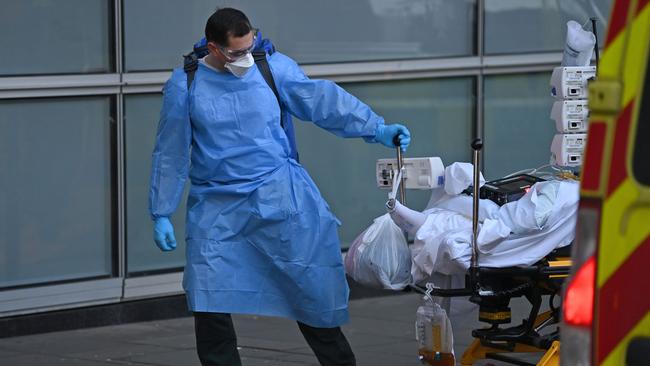
Not everyone’s mental health has deteriorated. Some sufferers of agoraphobia felt better. “I’ve got some patients who came off their drugs for the first time in ten years because everybody was in the same boat, everyone was feeling anxious. It was almost like they spend their whole life worrying about the worst happening and it felt as if the worst had happened.”
For many, however, recovery will be slow. “Our mental health is intertwined with our social selves, our economic security, our network of family and friends, the feeling of ourselves as part of a society. It’s not just the grief of those who’ve lost someone to this virus that will be affecting us for many years to come, it’s the social and economic effects of the restrictions we’ve all endured. How long, I wonder, will it be before people feel confident to hug someone outside their own household? We’ve all had to make changes to the way we engage with others, in direct opposition to the way our sense of community is ordinarily sustained. I think it’ll take a while for the extent of this to unfold.
“I suspect there’ll be two different processes going on: for some there’ll be an immense sense of relief, and a feeling of joy, and there might even be a boom of the kind seen in the 1920s after the appalling years of World War One and the Spanish flu. While for others the ripples of what we’ve had to put up with this year will go on through the next decade at least.”
Francis regards himself as “very much a writer as well as a doctor and how I make sense of the world is through writing about it”. He has written half a dozen books about his work as a doctor and his travels in the polar regions and among islands.
His practice of 3,700 patients has recorded roughly the same proportion of Covid deaths as the country as a whole. “I only had four patients die of it and it’s thanks to the lockdown. Without it the figure would have been a lot higher.” About 15 to 20 other patients have been sent to hospital but recovered, although some have lingering symptoms. His surgery is due to receive the vaccine next week and will “start vaccinating right away”.
As a GP in a normal year he is used to having people cough in his face all winter long. For months he has been forced to examine patients with symptoms while wearing PPE, sometimes in their gardens. In the early weeks he found it challenging to navigate changing, inadequate guidelines on when to send someone for a test or tell them to isolate.
He went to the home of one patient, a retired schoolteacher he had known for years, to find her muddled but with none of the classic Covid symptoms. He admitted her to hospital three days later where she tested positive and died after a further week.
Most consultations are now on the phone or online. “The gold standard is always see the patient. It’s a truism in medicine: did you see the patient or did you just try and do it over the phone?”
He is worried that there will be a long-term shift to seeing patients digitally rather than in person. “Often what the patient says with their hand on the door as they are about to leave is the thing that matters most.”
Digital-first GP practices would not work, he says. “It worked in lockdown because we had built relationships with patients over many years. If this proves enduring then we’ll be asking doctors to make relationships with patients that they never meet face-to-face. I don’t think that’s good medicine. Over many centuries medicine has developed to minimise risk and you minimise risk through seeing people face-to-face.”
Francis, 45, who is married to an academic and has three children, probably had Covid-19 last spring, although he tested negative. “I was really ill with headache, nausea, exhaustion. I couldn’t see what else it could have been.” And what has been the effect on the mental health of doctors? “In winter time people are really exhausted. And, they’ve been putting up with this for ten months.”
His book is called Intensive Care. “I have used the word ‘intensive’ in its original sense, meaning ‘stretched to the limit’. And that’s how it has really felt all year. Like we’ve just been pulled very, very tight to the edge of what we’re capable of carrying on with.”
He remains an optimist. “I’m tired. I’m fed up with it. But I’ve also been given this great lift by the news of the vaccines,” he says.
The Times

